Creating Opportunities for Authentic and
Purposeful Writing

Creating Opportunities for Authentic and
Purposeful Writing
One of our key school values is Persistence and Resilience and this fits with our whole school approach in developing a ‘Growth Mindset’ to learning. Across the school, we provide opportunities across all learning areas to build these dispositions towards learning, including writing.
At the beginning of this school year I vividly remember being in 2 classes when we were introducing our new approach to Writer’s Workshop and asking this group of children who were in the upper years to be honest and put their hand up if they enjoyed writing. Out of approximately 52 students, only about 7 children put their hand up.
Some of the reasons they gave included, ‘it’s boring,’ ‘you have to write what you're told to… ‘ I don’t know what to write.’ I confidently told this group of children that this was going to change and that they would have a different attitude towards writing by the end of the year with the changes we were going to make, but of course they did not believe me.
I revisited this group of students last week and asked the same question. Their responses were the complete opposite to what they had talked about at the beginning of the year, with ONLY 7 students giving feedback that they do not love, like or enjoy writing now. What a positive ‘turn around’ in student's attitudes to writing. Our next challenge is to explore what we can do differently to change the mindset of the 7 students from this group, to hook them into writing.
This past few weeks in visiting classrooms I have observed a significant shift in the enthusiasm, engagement and resilience of our students when they are writing. The majority of students are excited about their writing, are keen to share what they are writing and why and are confidently talking about the different genres and text features that they are including as the Author. Students are no longer saying, ‘I don’t know what to write…’ and can talk about the different strategies they can use when they are not sure how to do something. For example, 'I use our word wall to help me find some words’, ‘I can check on the writing chart so I know how to do my editing.’
It has been a pleasure to observe the writing process and hear students confidently talking about the purpose of their writing and the types of craft they are trying to include as Authors.
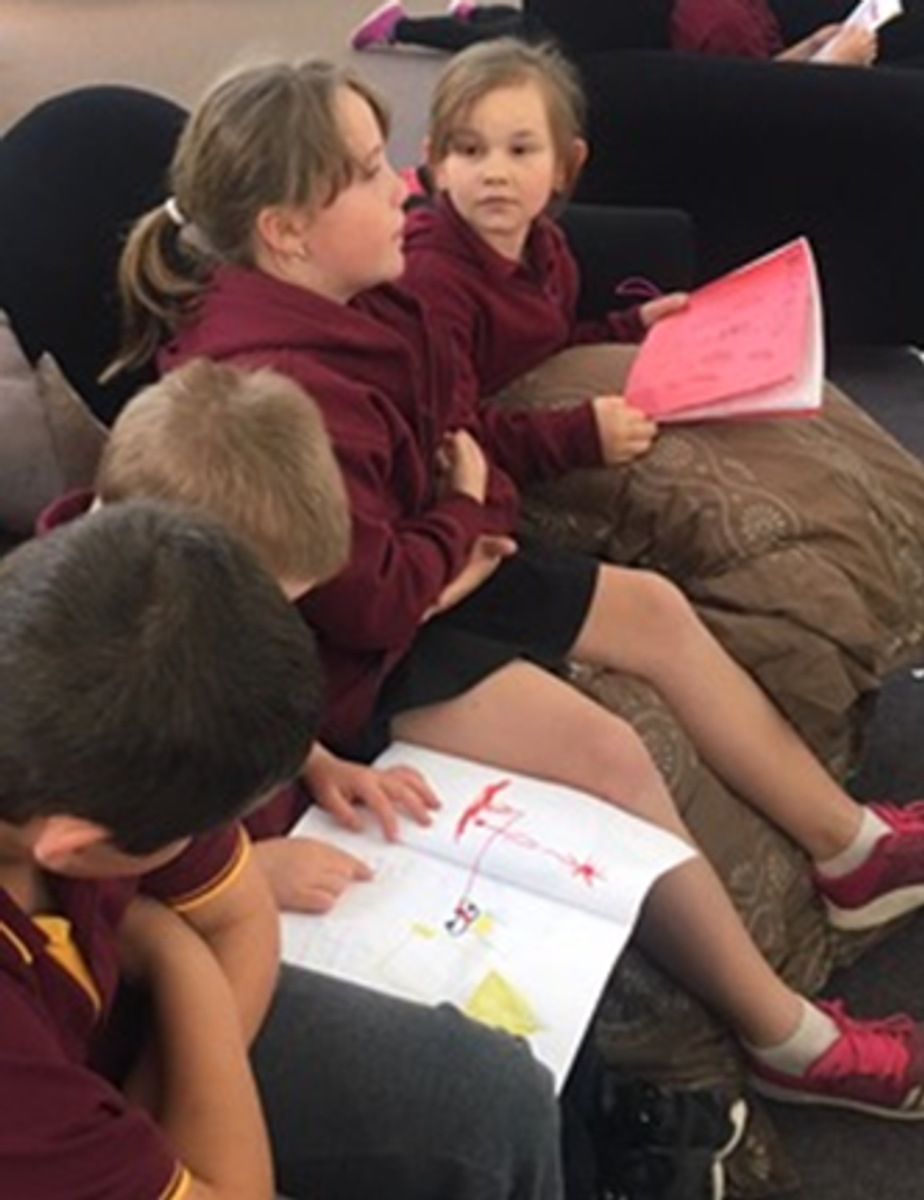
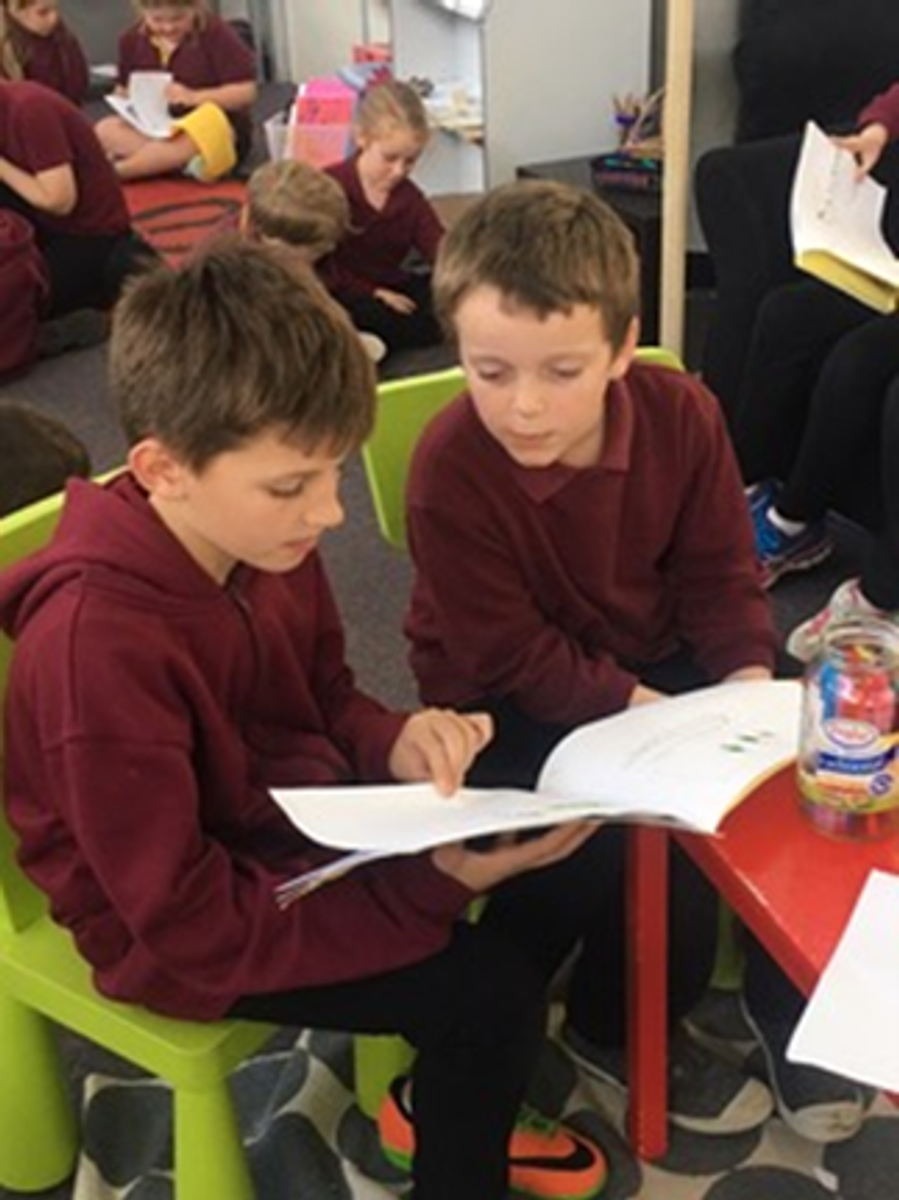
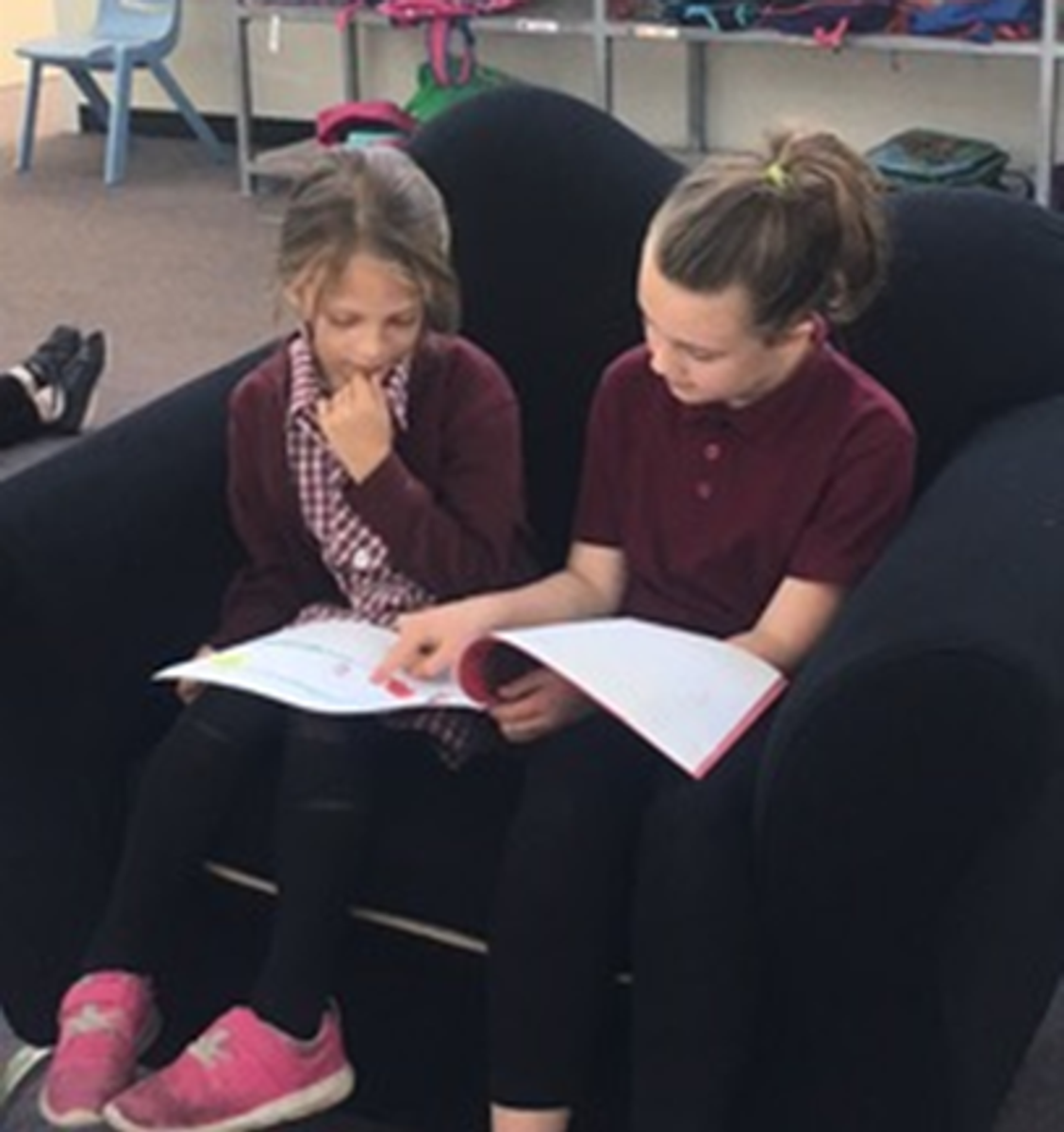
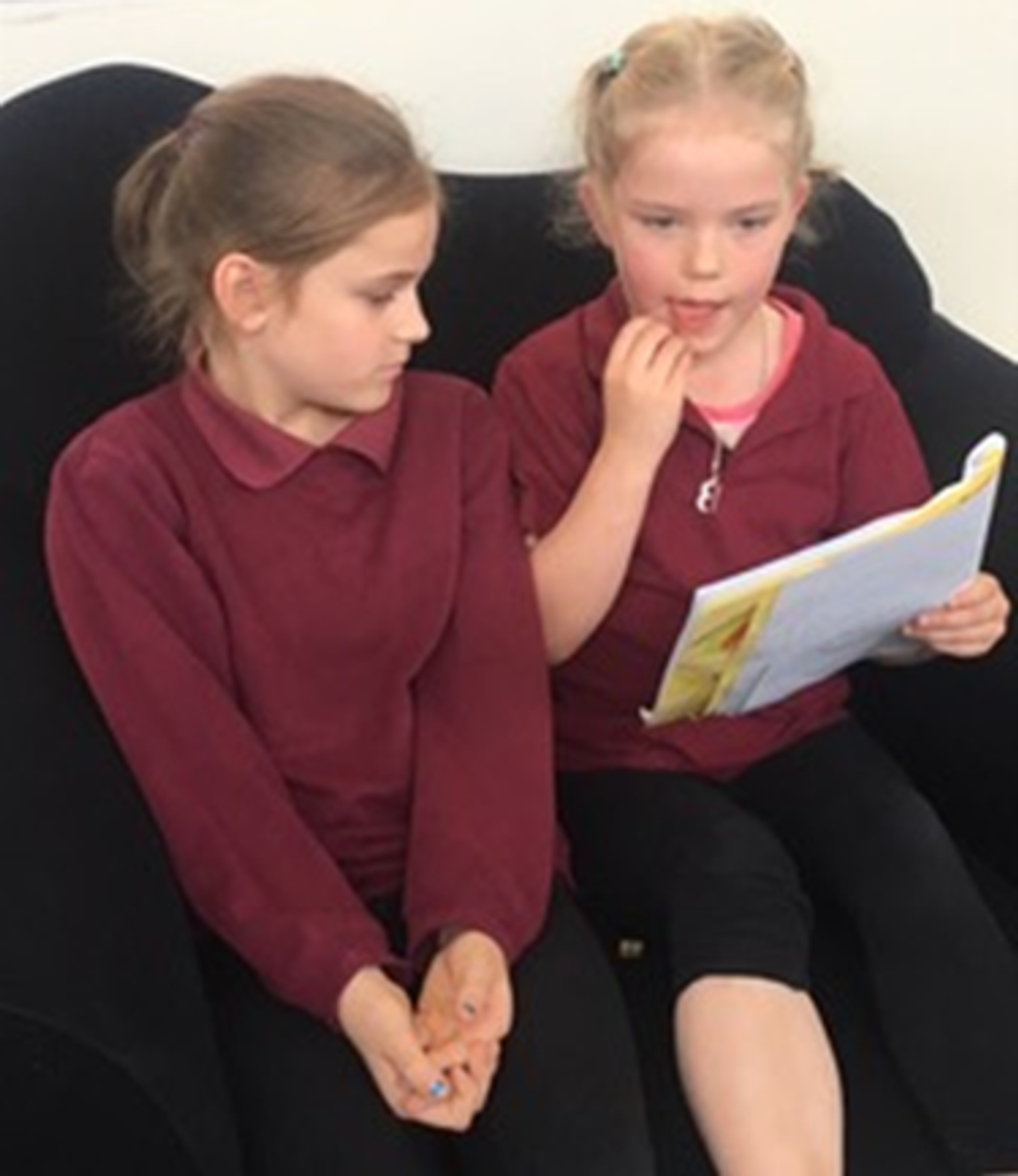




I have observed the following great learning in classes:
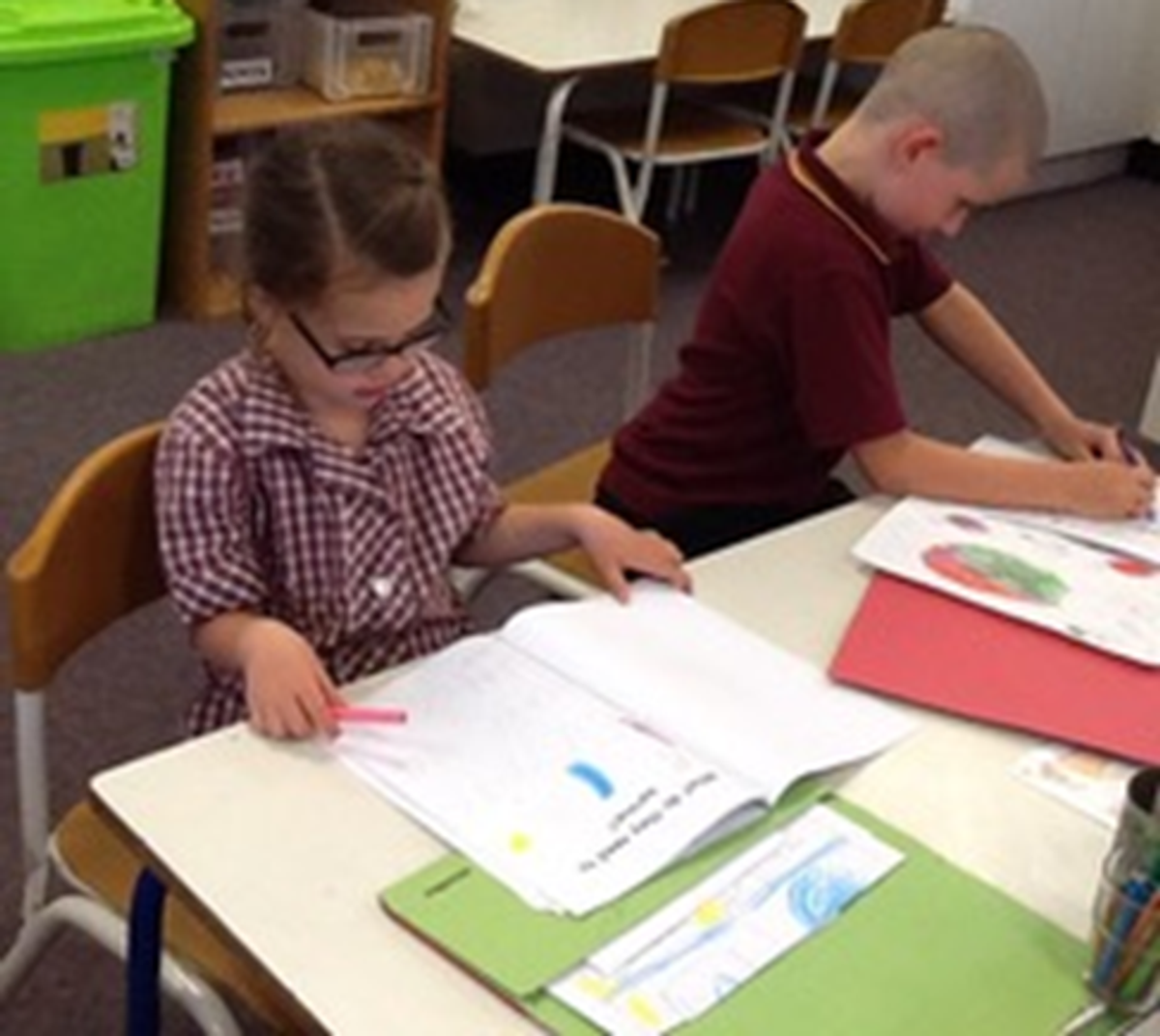
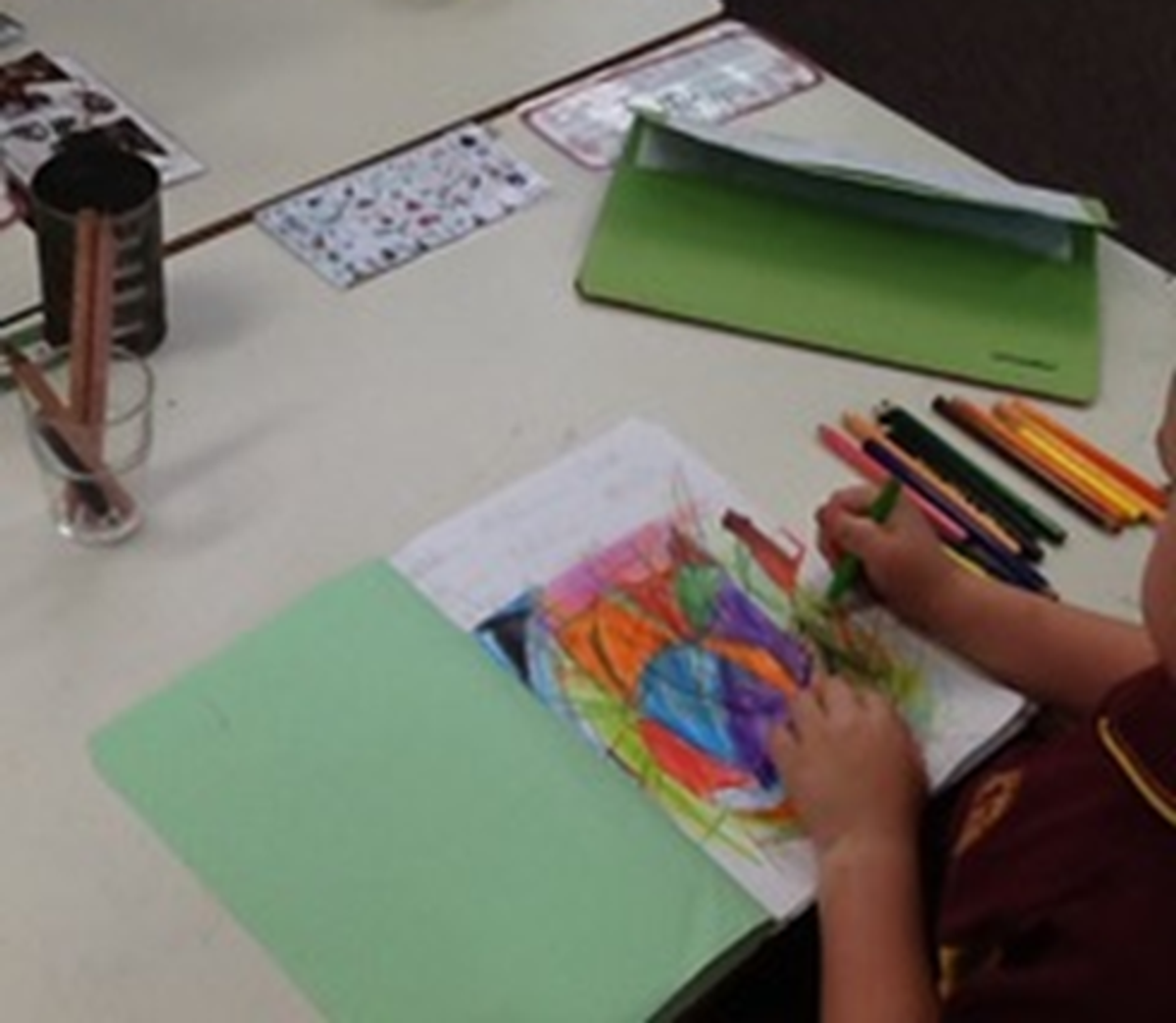
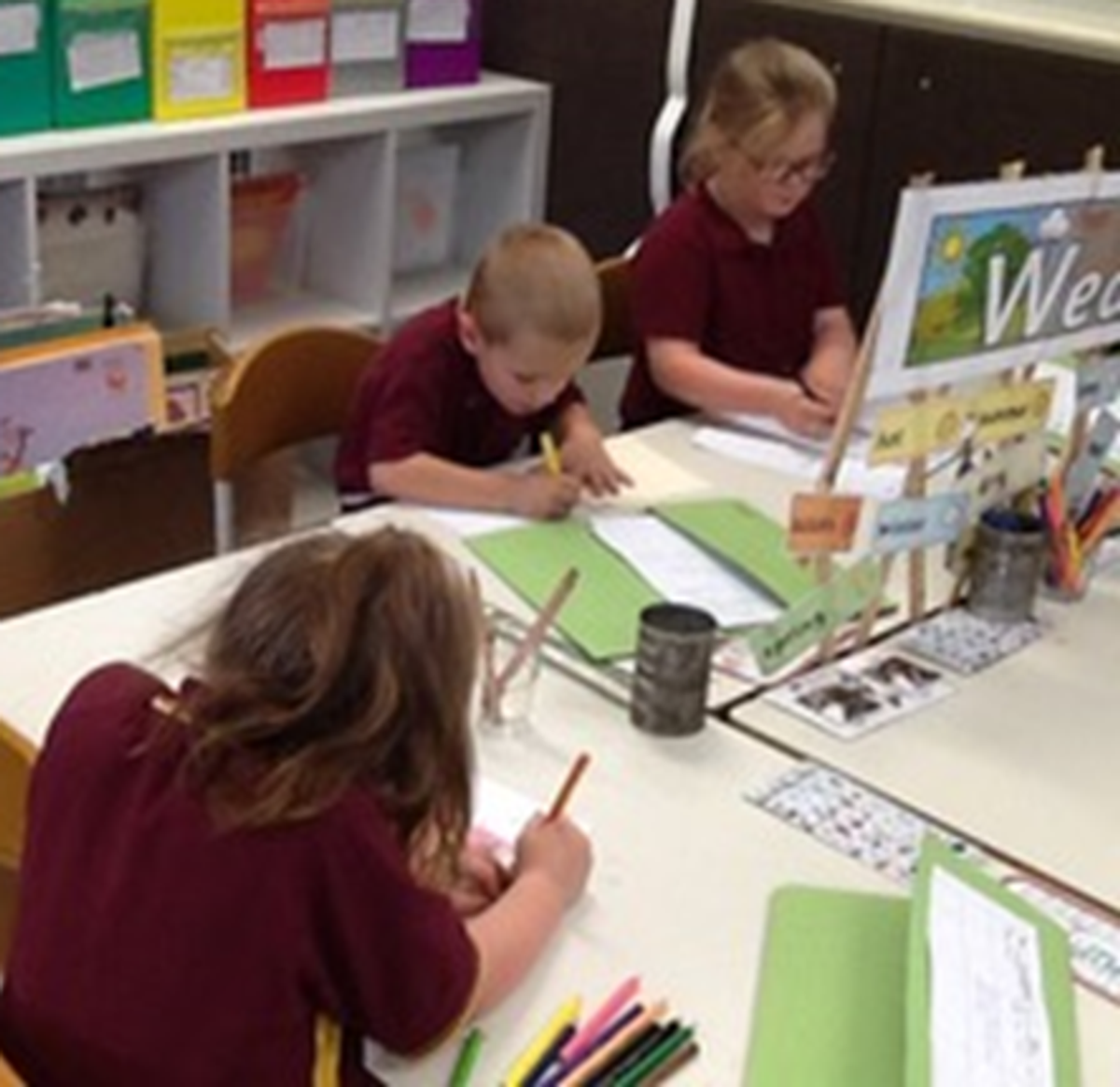



These positive changes have not happened by chance. Throughout this year all teaching teams have been released for ongoing professional development and conversations to learn more about best practises in teaching writing. Through this training, we have explored:
As a school, we are heartened and teachers are excited by the changes we have made in how we teach writing and the positive impact this is having on our learners as writers and authors. We look forward to this continuing to develop across the school in the future…
We will be hosting an Author’s open morning later this term where classes will be open for you to come in and see the great growth and published pieces that our young Authors have produced. Keep your eye on the Facebook pages for more information about this.
Sally Slattery, Deputy Principal